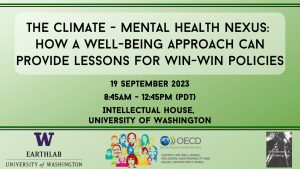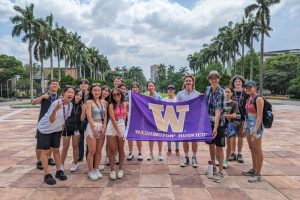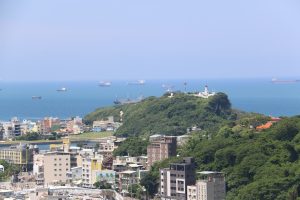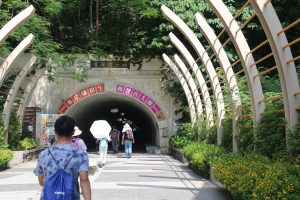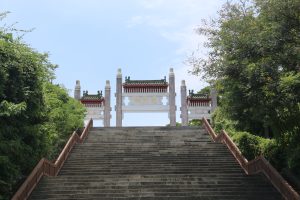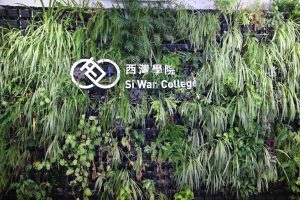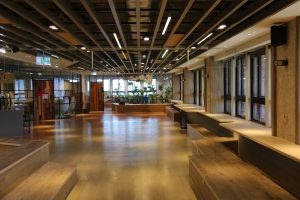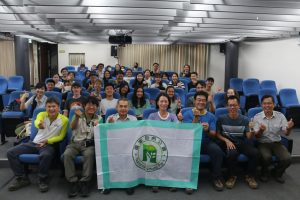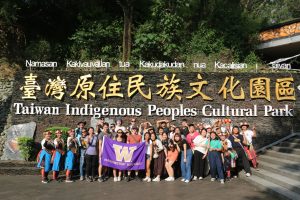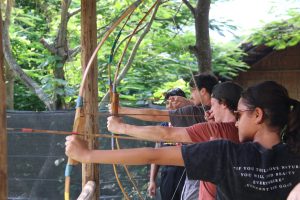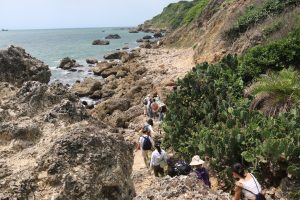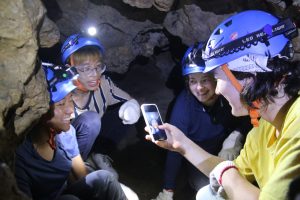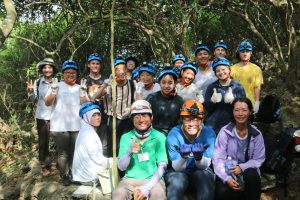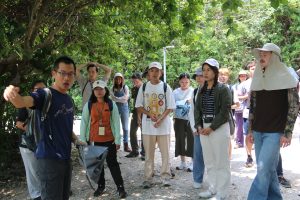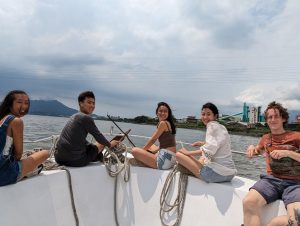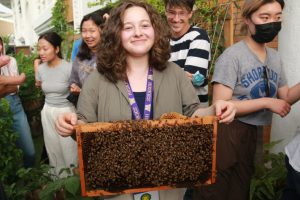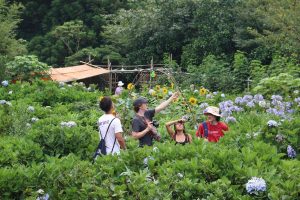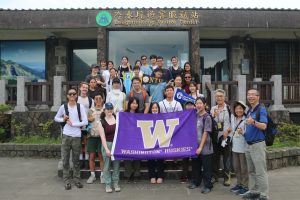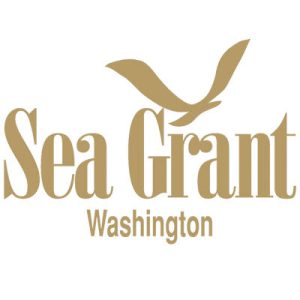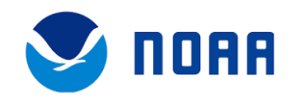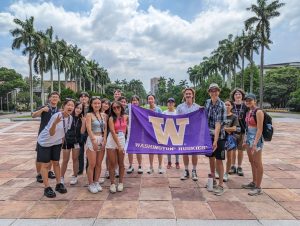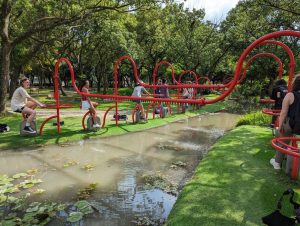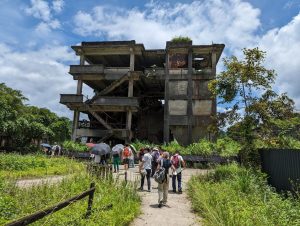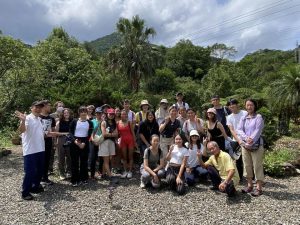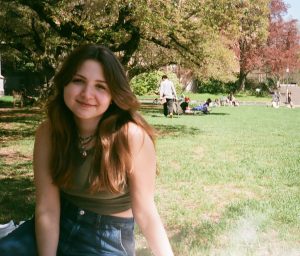 Ariana Milo, Environmental Community Legacy Scholarship & PoE Alumni Council Scholarship
Ariana Milo, Environmental Community Legacy Scholarship & PoE Alumni Council Scholarship
Ariana is an Environmental Studies major from St. Louis, Missouri, and is graduating in 2026. Her focus lies in sustainability, along with interests in ecology and agriculture. She hopes to combine her two major passions — music and the environment — to improve the sustainability of music touring and the industry at large.
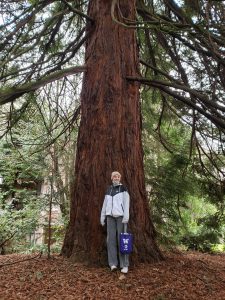 Elise Oertel, Program on the Environment Undergraduate Scholarship
Elise Oertel, Program on the Environment Undergraduate Scholarship
Elise is an environmental studies major from Pittstown, New Jersey. She also plans to seek a data science minor. After her experience working with the Center for Responsible Forestry and learning about the thousands of old growth forest clearcuts that are devastating local legacy forests, she would love to go into tree and wildlife conservation. She has a passion for the PNW and wants to do her best to protect its historic and remarkable wilderness, as it protects us.
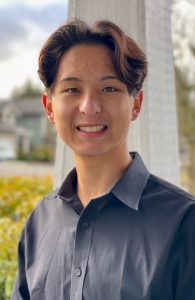 Isaac Olson, Program on the Environment Undergraduate Scholarship
Isaac Olson, Program on the Environment Undergraduate Scholarship
Isaac Olson is studying Environmental Studies and Oceanography, graduating in 2024. He is from Snohomish, Washington, and recently engaged in research with Professor Terrie Klinger analyzing forcing factors behind harmful algal blooms in Willapa Bay, Washington. He serves as Undergraduate Assistant for the UW Program on Climate Change, At-Large Representative on the College of the Environment Student Advisory Council, and President of Environmental Policy Student Association at the UW, positions that let him increase interdisciplinary, equitable, and accessible environmental communication and action in the UW community. As a 2022 NOAA Hollings Scholar, he worked with the NOAA Ocean Acidification Program on projects increasing regional ocean acidification communication, and after graduation, he hopes to continue working in environmental communication, politics, or advocacy to inspire equitable, lasting, science-backed societal action.
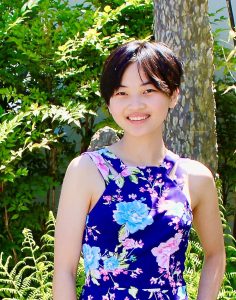 Amy Whitham, Program on the Environment Undergraduate Scholarship
Amy Whitham, Program on the Environment Undergraduate Scholarship
Amy is an Environmental Studies major and Anthropology minor and will graduate in 2024. She is from Seattle. Her interests are in environmental anthropology, local green jobs, and collaboration between indigenous populations and government to restore traditional land stewardship. Over the summer she took a course at Friday Harbor Labs where she learned about Indigenous Resource Management in the Salish Sea. She was recently involved in a project providing data to King Country in an effort to create an equitable shift to green jobs in the Pacific Northwest. Her passion is to reframe public perception of the environmental movement, motivating people to work toward preserving green spaces in their own neighborhoods. She plans to attend graduate school where she will continue her studies in environmental policy, and work toward developing programs that benefit underserved communities.
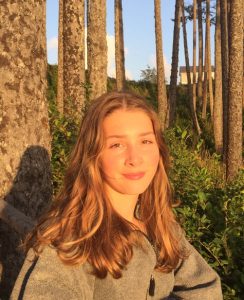 Fiona Willmer, PoE Alumni Council Scholarship & Program on the Environment Undergraduate Scholarship
Fiona Willmer, PoE Alumni Council Scholarship & Program on the Environment Undergraduate Scholarship
Fiona is an environmental studies and visual communication design dual major, graduating in 2026. She has volunteered at the UW farm, working to implement the practices of sustainable agriculture. She also works for the UW student newspaper as an illustrator and photographer, creating powerful visuals that tell meaningful stories. Last summer she studied abroad in Costa Rica, learning about the complexity of natural ecosystems there and the impacts of climate change in other countries. She represents the college of the environment as an ambassador and intends to pursue a career at the intersection of media and environmental issues.






